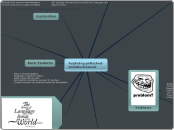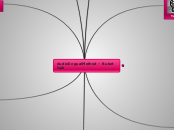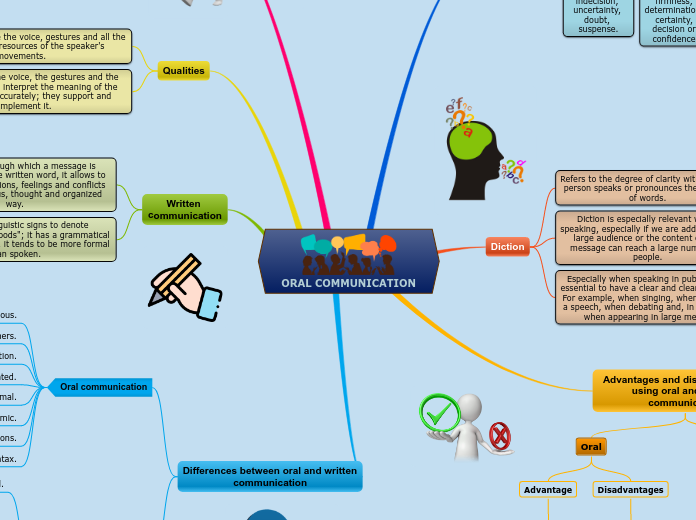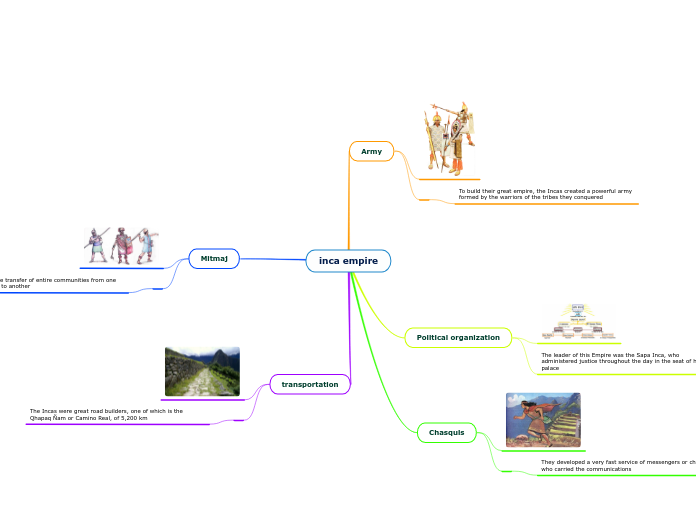by Selin Nur Hürmüz 11 years ago
432
AudiolingualMethod-SelinNurHürmüz
Originating from Skinner's Behaviorism theory, the Audiolingual Method (ALM) focuses on language learning through habit formation via reinforcement. Correct responses are rewarded, while errors receive negative feedback.









